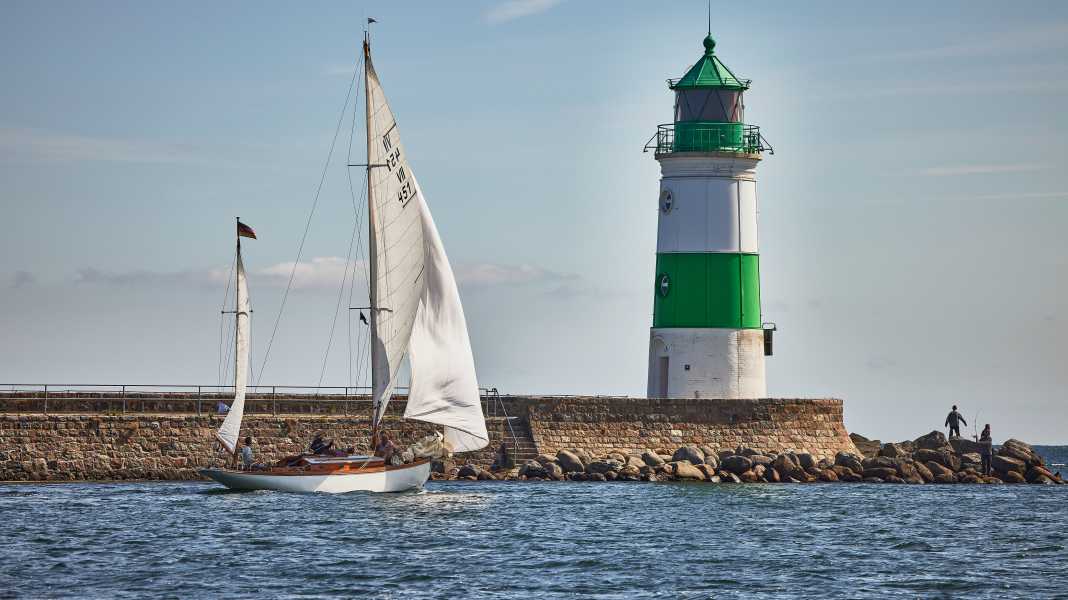Schlei pilot project: Researchers and farmers work together for water protection
Lasse Johannsen
· 24.02.2025

According to the Schleswig-Holstein Ministry of the Environment, the effects of hybrid farming - a mixture of organic and conventional arable farming - and so-called in-field segregation - small areas of fallow land for nature conservation - were tested under practical conditions in the field trial using the 90/10 model.
Three years, 30 participating companies
Over a period of three years and with the support of 30 agricultural businesses, various approaches to reducing nutrient inputs from agriculture in the Schlei region were analysed. The result was that there are effective ways of reducing crop protection and fertilisation to protect water bodies.
The reason for the project was the persistently poor environmental status of the Schlei, which is designated as a flora-fauna habitat and EU bird sanctuary along its entire length. The findings should now help to minimise nutrient inputs in all Baltic Sea regions, from which the inland sea has been suffering for some time.
More articles on the topic of Baltic Sea protection

Lasse Johannsen
Deputy Editor in Chief YACHT
Born in Kiel, grew up on the water and on board, trained as a sailor in the club and sailing on the North and Baltic Seas. After school, navy and legal training, he worked as a trainee at YACHT from 2007-2009 in the Panorama department, which he now heads. He is also responsible for the special edition of YACHT classic, has published several books with Delius-Klasing and is deputy editor-in-chief of YACHT. Johannsen is an enthusiastic cruising sailor on his own keel and an active supporter of the German classic boat scene.
